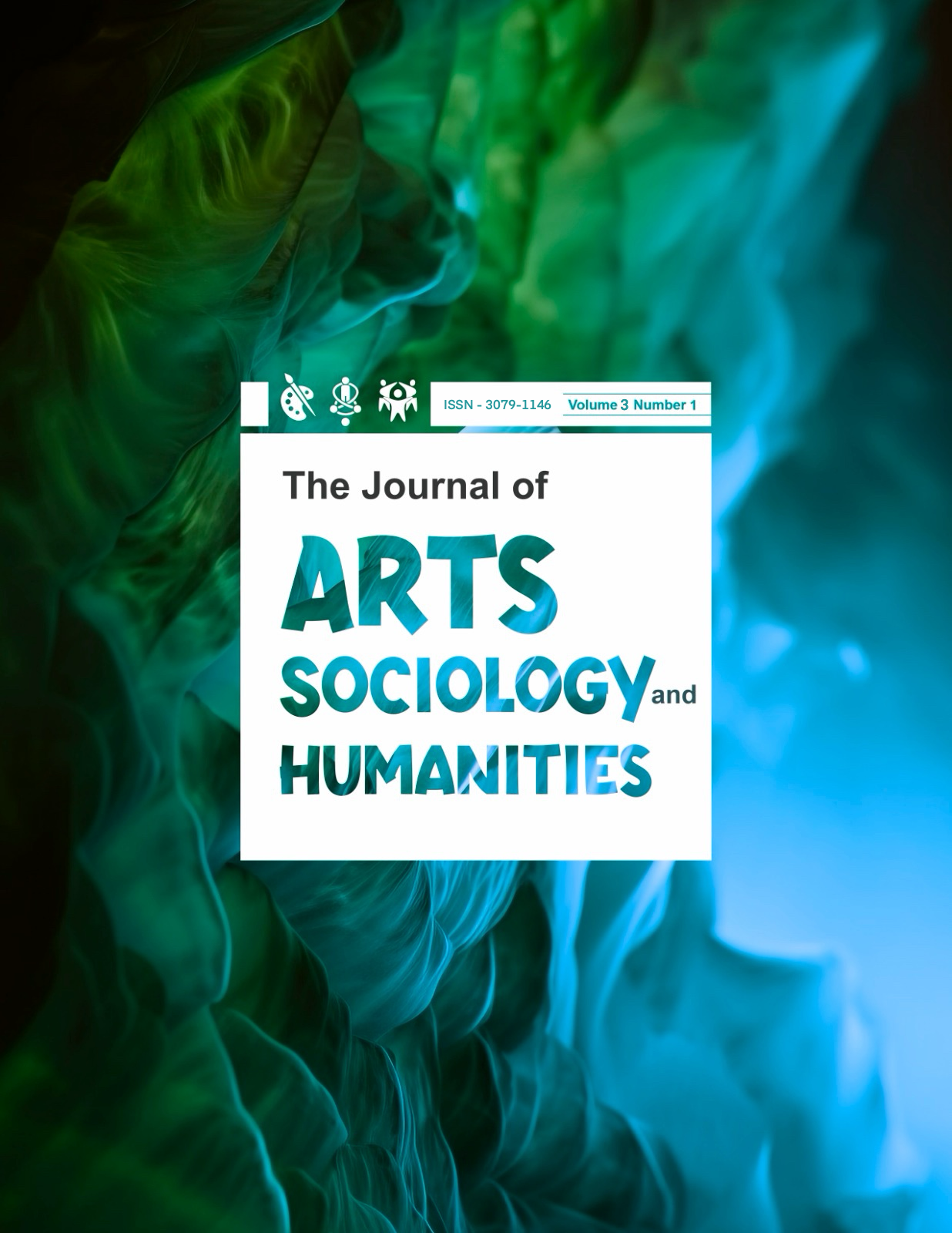Ethno-Religious Conflicts in India: Analysing the Indian Muslim Minority Under Modi’s Administration
Abstract
India claims to be a secular state but acts contrary while dealing with minorities.This study examines the implications of social, political, and religious inculcation ofconstructive identity (Hindutva) in leading towards nationalism and extremism under the right-wing Rashtriya Swayamsevak Sangh (RSS) Narendra Modi’s regime on Muslim minorities. This qualitative study draws on Majoritarianism theory in providing research questions, i.e., preferring the majority over the minorities. It measures the socioeconomic vulnerability of Muslims and India’s endangered democracy surrounded by the Bharatiya Janata Party’s (BJP) Hindutva ideology. Findings imply that Modi is making roots in the government through authoritarian activities and discrimination against Muslims. Moreover, without legitimising and indoctrinating Hindutva, gaining audience approval on prejudiced acts, such as the Gujrat killing, the Citizenship Amendment Act (CAA), and the National Register of Citizens (NRC), would not have been possible. Hence, RSS Saffronised the media and preached Hindutva ideology to develop public opinion favouring their aggressive acts, indicating that Majoritarianism has trashed minority rights and challenged the basic principles of democracy. Finally, this study presents pragmatic solutions for addressing ethnoreligious harshness without unrealistically hoping for a prompt resolution. India should learn to integrate diversity to avoid further social polarisation and impeding constructive social transformation.






